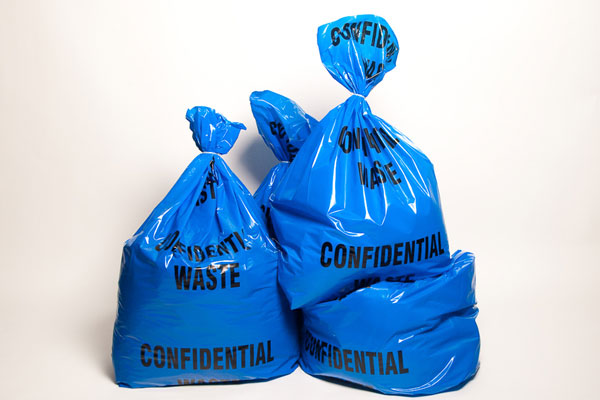
Healthcare facilities face unique waste management challenges due to the nature of their work. They generate a wide range of waste streams and confidential materials. Improper disposal of this waste can pose serious risks to patients, staff, and the environment. Effective waste management is critical to maintaining hygiene and security. Clinical waste bags are essential in ensuring that medical waste is disposed of safely and securely. Find out the importance of proper waste management in healthcare facilities and how clinical waste bags can help achieve this goal.
Understanding Healthcare Waste
Healthcare facilities generate a variety of different types of waste, including infectious, and hazardous waste. Infectious waste includes items contaminated with blood, body fluids, or other potentially infectious substances, such as used gloves, gowns, and surgical masks. Hazardous waste includes materials that are toxic, corrosive, ignitable, or reactive, such as expired medications, chemicals, and batteries.
Improper disposal can pose significant hazards to patients, staff, and the environment. For example, infectious waste can transmit diseases and cause outbreaks, while hazardous waste can pollute soil and water and harm human health.
The Role of Clinical Waste Bags

Clinical waste bags are specially designed bags used to dispose of infectious waste in healthcare settings. These bags are made of durable materials that can withstand the rigours of handling and transporting biohazardous waste and are designed to prevent leakage and punctures. The primary purpose of clinical waste bags is to contain and dispose of infectious waste safely and hygienically, thereby reducing the risk of disease transmission and promoting infection control.
In the UK, the use of clinical waste bags is governed by several standards and regulations, including the Health and Safety at Work etc. Act 1974, the Control of Substances Hazardous to Health (COSHH) Regulations 2002, and the Environmental Protection Act 1990. These regulations specify the requirements for the handling, storage, and disposal of infectious waste, and mandate the use of appropriate personal protective equipment (PPE), such as gloves and face shields when handling clinical waste bags.
Strategies for Effective Waste Management

Effective waste management requires a combination of best practices, training, and technological innovation. Segregation of waste at the source is critical, with separate containers for infectious, sharp, and pharmaceutical waste. This helps prevent cross-contamination and ensures that each type of waste is disposed of properly.
Technology and innovation can also play a significant role in waste management. For example, automated waste sorting systems can help streamline the process and reduce the risk of contamination. These systems use sensors and algorithms to identify and sort waste into different categories, reducing the need for manual sorting and increasing efficiency. Other technologies, such as sterilisation and disinfection systems, can help reduce the volume of infectious waste and improve the safety of waste disposal.
Proper waste management is a critical aspect of maintaining a safe and healthy environment in healthcare facilities. Clinical waste bags play an indispensable role in this process, providing a secure and efficient means of collecting and transporting hazardous materials. Healthcare facilities must prioritise the use of high-quality waste bags that meet regulatory standards and ensure the safety of patients, staff, and the environment.
Continuous improvement in waste management strategies is necessary to stay up-to-date with evolving regulations and advancements in technology. By investing in effective waste management practices, healthcare facilities can protect their reputation, minimise risks, and provide a positive experience for patients and staff.